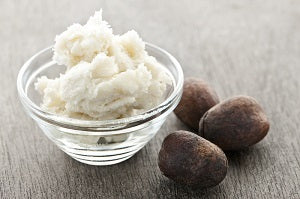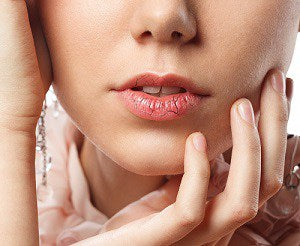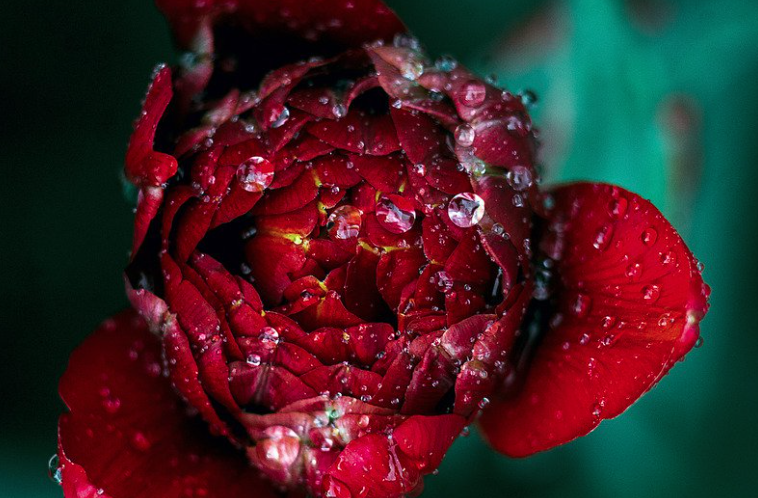
The Power of Shea Butter. Discover How It Can Benefit You!
Shea butter is an off-white or ivory colored fat that is extracted from the nut of the African Shea tree. In Africa, Shea butter is used as a protectant from the sun and dehydration. Did you know that Queens Cleopatra, Nefertiti, and Sheeba used Shea butter as part of their skin care routine? If it’s good enough for queens, then it’s good enough for us. Shea butter is multi-purposed, can be used on any skin type, and it has healing properties that can nurture a variety of skin conditions that includes:
Eczema
Psoriasis
Rashes including poison ivy
Sunburns
Cracked and dry skin
Reduce scarring and stretch marks
Helps babies with diaper rashes
Prevent wrinkles and boost collagen production
Helps eliminate hair dandruff
Relieves muscle ache and tension
Anti-Inflammatory
Restores skin elasticity
There are various types of shea butter you can use. The most commonly found ones are either refined or unrefined. Refined shea butter involves the chemical process of bleaching and using high heat that affects the property of the shea butter itself. Unrefined shea butter is the natural shea butter that is not in any way chemically altered. You can filter unrefined shea butter if it doesn’t affect the quality of its properties and it’s natural state does not get altered. It’s common to find unrefined shea butter in many bath and beauty products. Raw shea butter is very like unrefined shea butter except that has not been filtered in any way.
I use raw Shea butter and I store it at room temperature, mainly in my bathroom. After a nice bath or shower, I wash my face and apply a thin layer of Shea butter. The smell is a bit nutty and odd, but it goes away within minutes of using. I alternate between this and my lotion often during the week. I find myself only having to apply Shea butter once because of the richness and the quality of the paste. If anyone is allergic to peanuts and to avoid an allergic reaction, always conduct a patch test before using completely on body. If redness, swelling, or itching occur, consult with your physician.
![]()
How often and in what ways do you use Shea butter?




Leave a comment
This site is protected by hCaptcha and the hCaptcha Privacy Policy and Terms of Service apply.